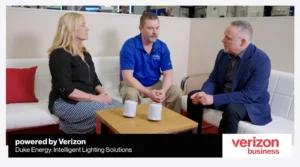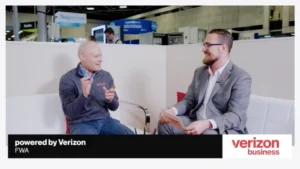How the Public is Pushing Cities for Better Air Quality with CIMCON Lighting & the Ramboll Group
More and more, societal culture is emphasizing the need to be environmentally conscience. Everyday citizens are becoming more aware and socially active in their concerns for the air quality in their neighborhoods. Traditionally, legal standards have enforced monitoring ambient air for a standard criteria of pollutants, but this wide net is no longer sufficient.
Air quality is now a factor that can attract new residents, businesses, and, in some areas, tourism. This social push is setting a demand for more specific, and complex forms of monitoring. Companies such as CIMCON Lighting, and Ramboll’s Environment and Health Division are working to deploy sensor solutions that are flexible and can satisfy the unique goals for every region.
“We are really starting to see monitoring in new ways. Ways that are social and ways that are fueled by the public and public awareness,” said Julia Luongo, Managing Consultant for Ramboll Group’s Air Quality division. Luongo came on the podcast, joined by Chris Davis, Vice President of Smart Cities for CIMCON Lighting, to discuss what are the major reasons – regulatory, social, environmental, economic – that compel cities and utilities to measure environmental air quality, and what is driving the need for more distributed and granular air quality monitoring?
While the technology is growing in efficiency, the challenge deepens for city planners, as the amount of data can be overwhelming. The question now is how do cities process instrument data and provide meaningful solutions to its citizens.
Follow us on social media for the latest updates in B2B!
Twitter – @EnergyMKSL
Facebook – facebook.com/marketscale
LinkedIn – linkedin.com/company/marketscale








